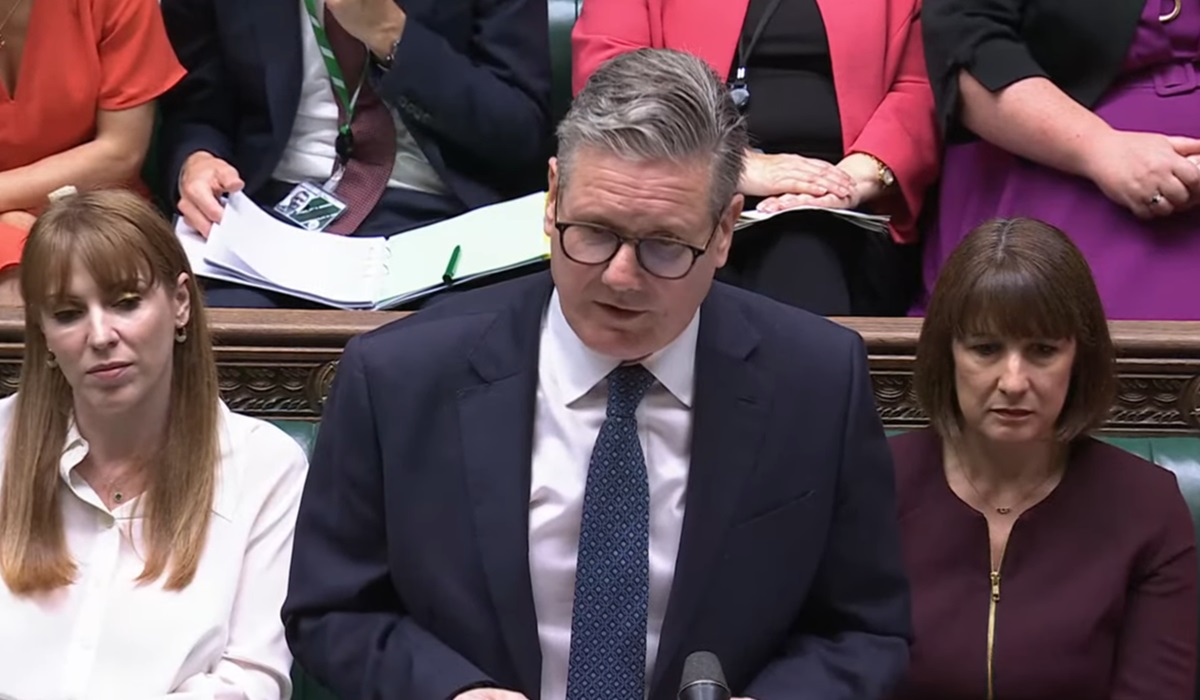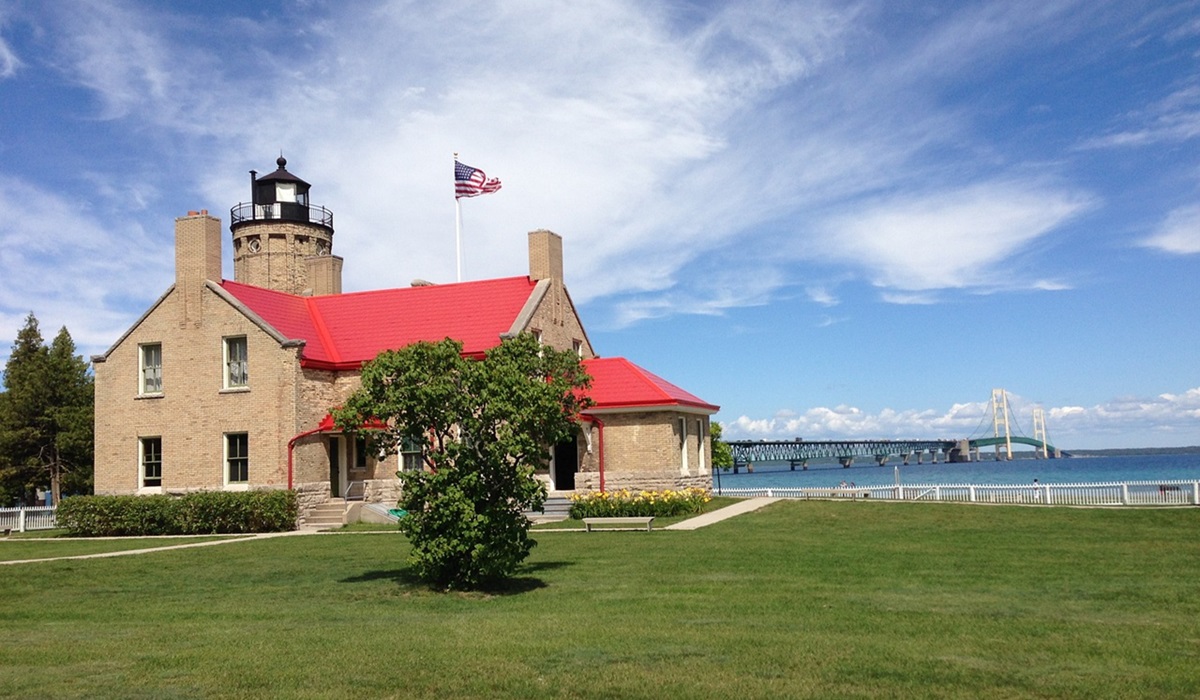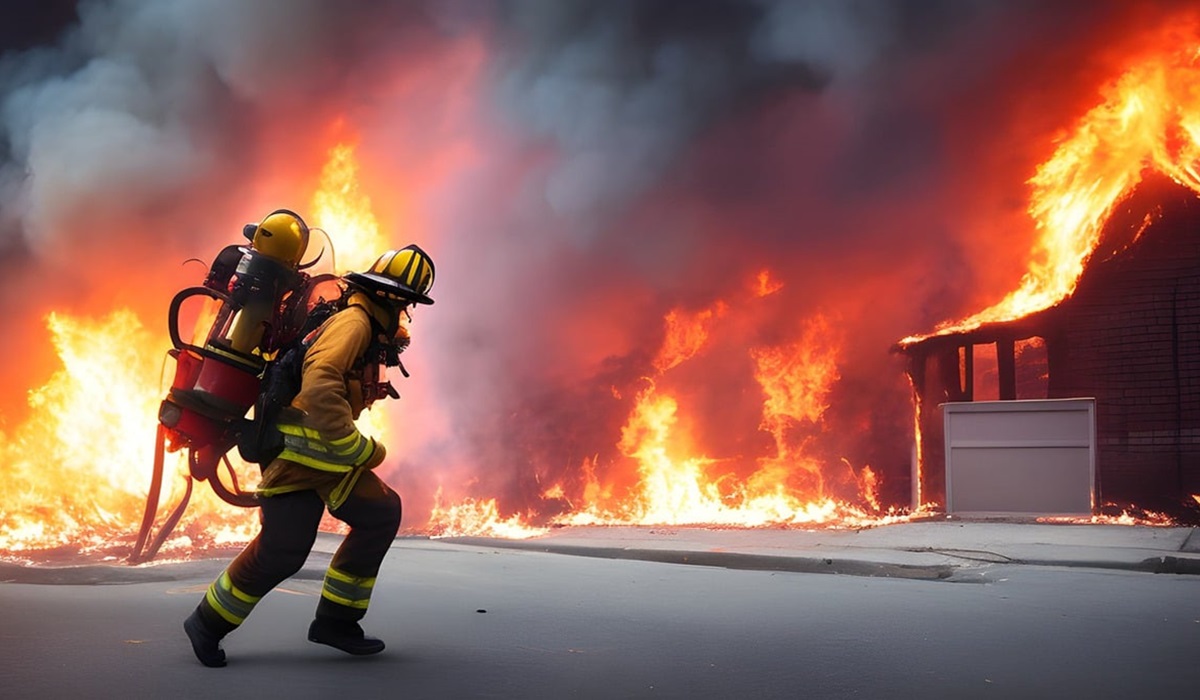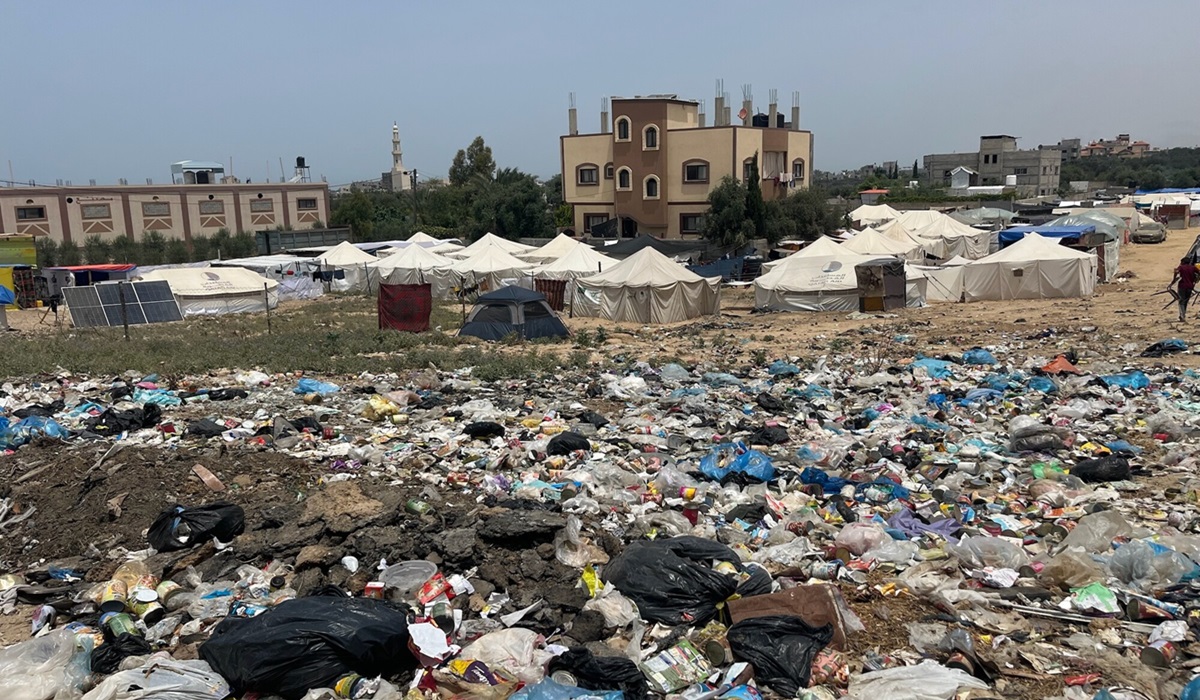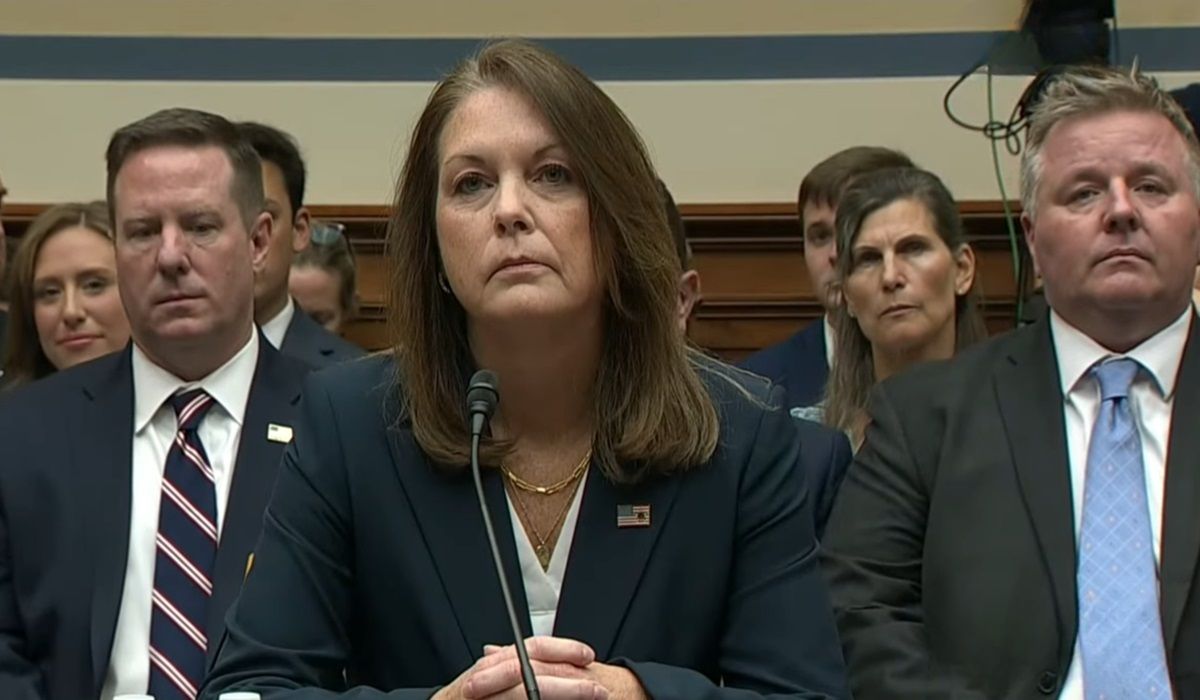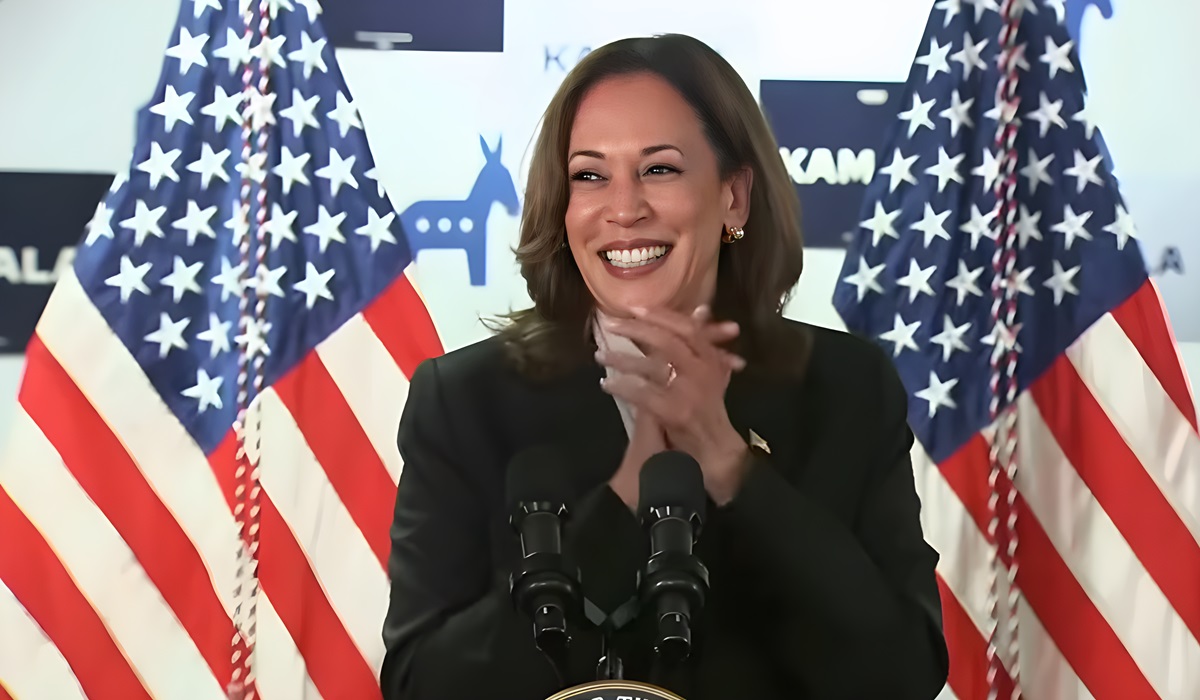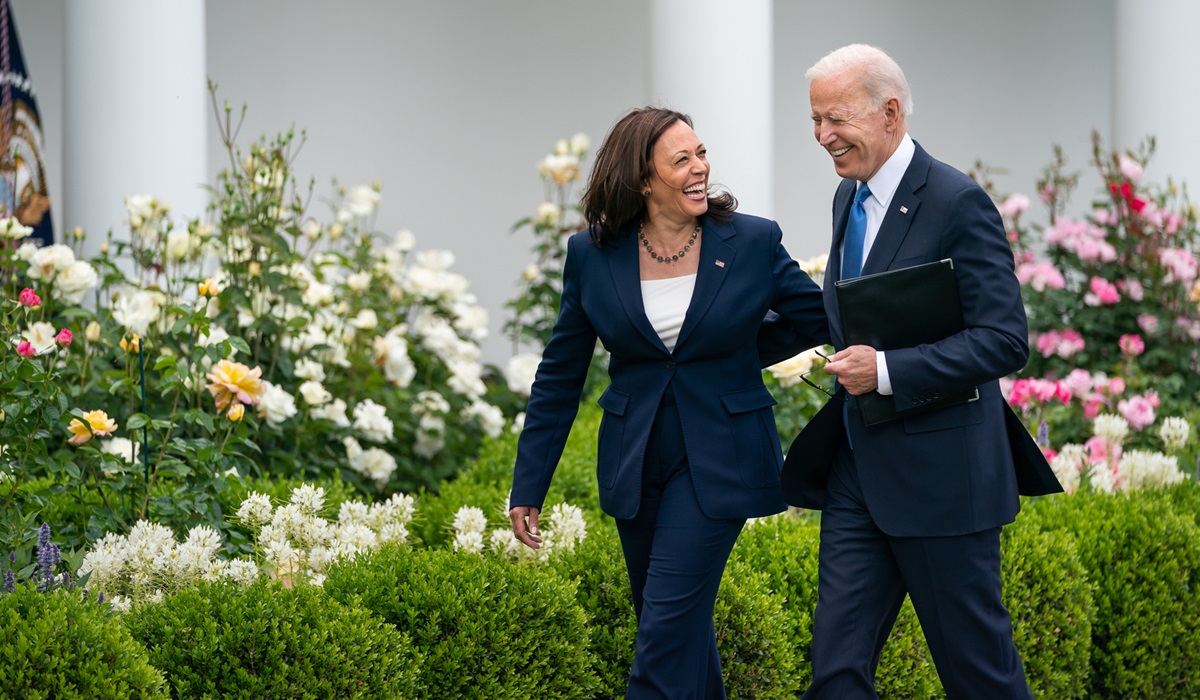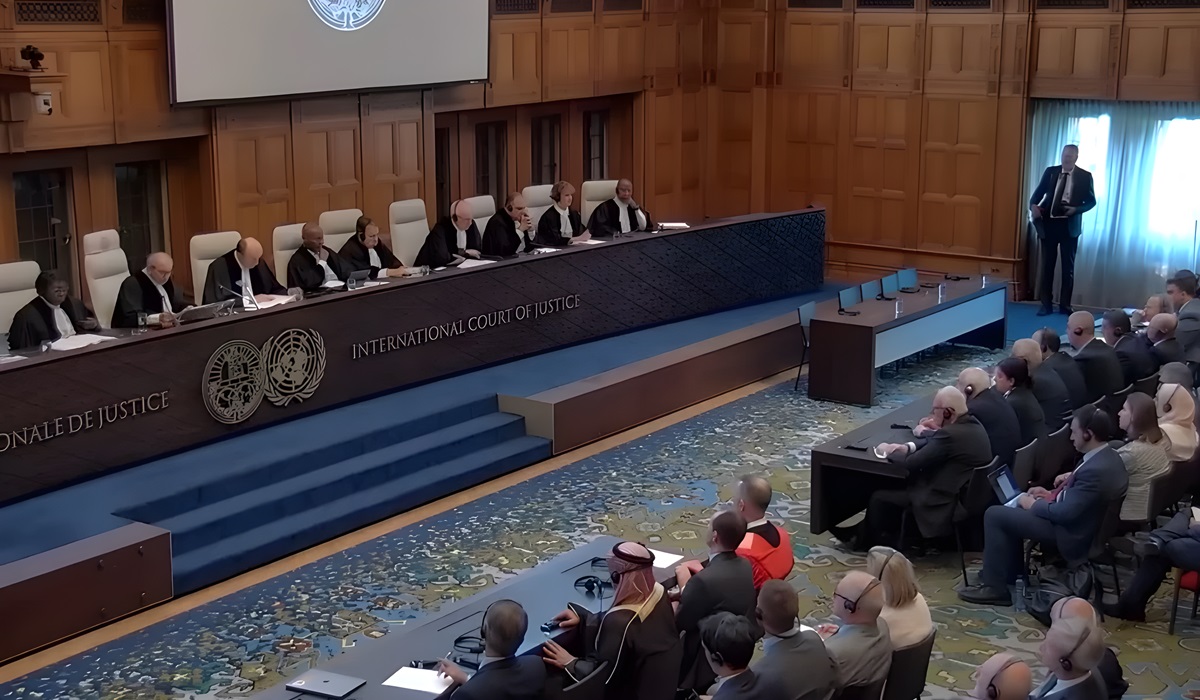Tragic Helicopter Crash Claims Lives of Iran’s President Ebrahim Raisi and Top Officials
- TDS News
- Breaking News
- May 20, 2024
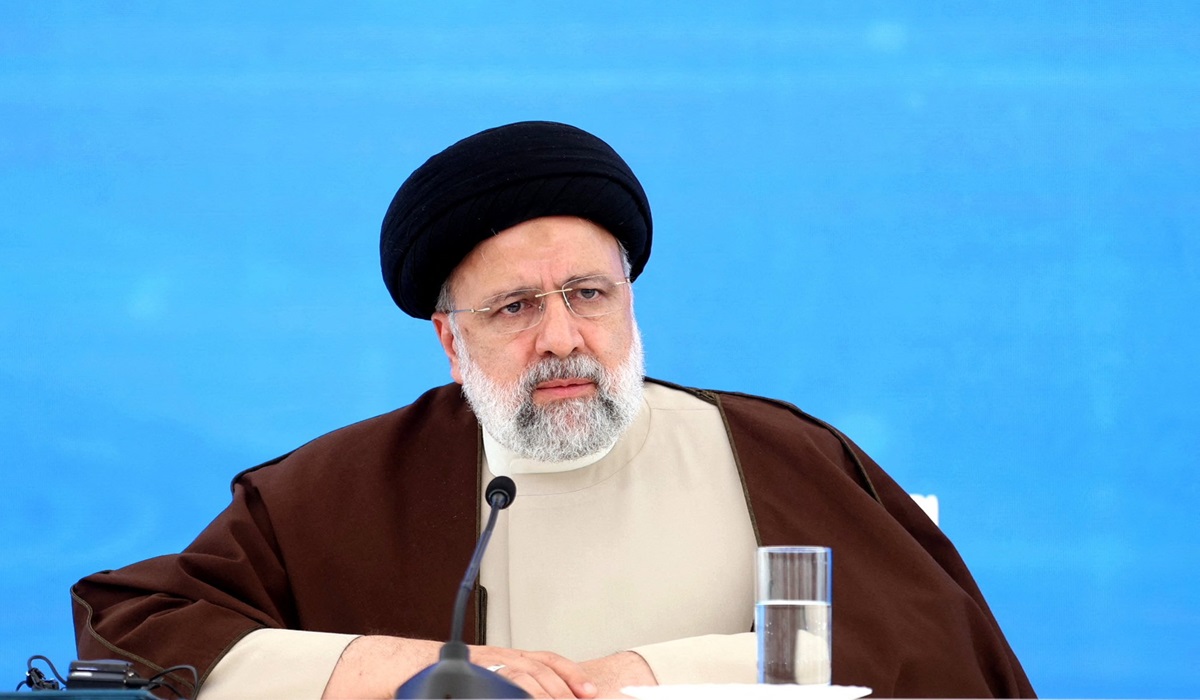
Image Credit, President Samia Suluhu Hassan
Tehran, Iran – In a devastating incident that has left the nation in shock and mourning, Iran’s President Ebrahim Raisi, 63, was tragically killed on Sunday in a helicopter crash in Iran’s remote northwest. Alongside him, Foreign Minister Hossein Amir-Abdollahian and several other high-ranking officials also lost their lives. The crash, shrouded in mystery, has sparked widespread speculation and prompted a thorough investigation by Iranian authorities.
The crash occurred during the return journey from a visit to the Republic of Azerbaijan, a close ally of Iran. Reports suggest that the helicopter encountered severe mechanical issues shortly after takeoff, leading to its catastrophic failure. Emergency response teams were dispatched immediately, but none of the passengers survived the impact. The exact cause of the malfunction is still under investigation, with officials urging the public to refrain from speculating about the possibility of an assassination.
Raisi had been serving as Iran’s president since August 2021. His presidency was marked by his hardline stance and close ties with the country’s conservative factions. Prior to his presidency, Raisi held various significant judicial positions, including the head of Iran’s judiciary, where he earned a reputation for his strict enforcement of the law and his involvement in controversial judicial rulings.
His tenure as president was polarizing. He was hailed by supporters for his efforts to combat corruption and his commitment to the principles of the Islamic Revolution. However, he faced criticism from reformist groups and international human rights organizations for his role in human rights abuses, particularly his involvement in the mass executions of political prisoners in 1988.
Despite the polarization, Raisi remained a central figure in Iran’s political landscape, striving to navigate the nation through economic sanctions and diplomatic challenges. His death marks a significant turning point, leaving a leadership vacuum in a critical period for the country.
Succession and the Path Forward
With Raisi’s untimely death, the question of succession is paramount. According to Iran’s constitution, the First Vice President assumes the role of Acting President until a new election can be organized. Currently, Mohammad Mokhber, the First Vice President, has stepped into this role. Mokhber, a close ally of Raisi, is expected to maintain the current administration’s policies during this transitional period.
The process to elect a new president will follow the guidelines set by Iran’s electoral system. The Guardian Council, a body of senior clerics and jurists, will oversee the vetting of candidates. Following this, the presidential election will be scheduled, which must occur within 50 days of the president’s death. This timeline ensures a swift transition and aims to maintain stability within the country.
The upcoming election is likely to be highly contested, with potential candidates emerging from both the conservative and reformist camps. Given the recent tensions and high-profile assassination attempts, the electoral process will be closely watched by both domestic and international observers.
In the wake of the tragedy, Iran has declared a period of national mourning. Public gatherings and state ceremonies are being held to honor the deceased officials. Supreme Leader Ayatollah Ali Khamenei expressed profound grief over the loss, calling for unity and resilience while acknowledging their service to the nation.
Across the world, leaders have extended their condolences and offered support. Russian President Vladimir Putin, Chinese President Xi Jinping, and Turkish President Recep Tayyip Erdoğan were among the first to convey their sympathies.
The international community’s response underscores the global significance of Iran’s political stability. Given the strategic importance of Iran in regional and global politics, the incident has raised concerns about potential ripple effects on international relations and regional security.
Speculations and Ongoing Investigation
Despite official statements urging restraint, speculation about the crash being a targeted assassination has been rampant. This is largely fueled by the recent spate of high-profile assassination attempts globally and within Iran; including attacks on military scientists and political figures. These incidents have heightened paranoia and mistrust within the Iranian political sphere.
Iranian authorities are conducting a comprehensive investigation, with President Mokhber vowing to leave no stone unturned. Mokhber vows to pursue every lead and ensure that the truth is uncovered.
Experts from various countries have offered to assist in the investigation, reflecting Iran’s commitment to a thorough and impartial inquiry. The involvement of international experts is seen as a move to enhance transparency and credibility in the investigative process.
The Road Ahead
The death of President Raisi and key members of his administration is a significant blow to Iran, coming at a time when the country faces numerous challenges, including economic sanctions, regional tensions, and internal political strife. The transition of power and the forthcoming elections will be crucial in determining the country’s future direction.
As Iran navigates this turbulent period, the resilience and unity of its people and leaders will be tested. The legacy of Ebrahim Raisi and the deceased officials will undoubtedly influence the political discourse and decisions in the coming months. The international community, meanwhile, watches closely, aware that the outcomes of this period will have far-reaching implications for regional and global geopolitics.

